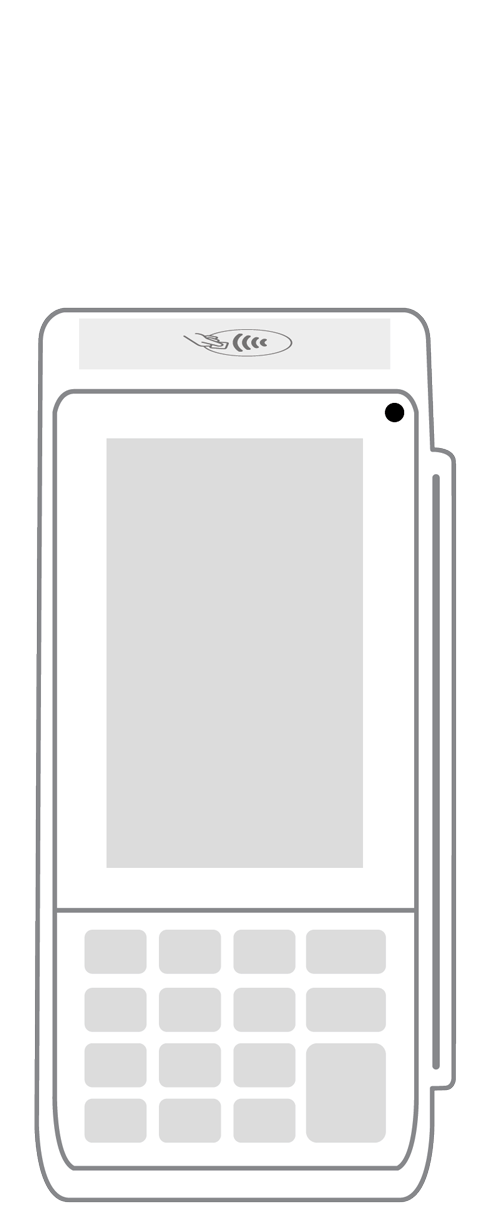Thwarting the Fraudsters

 Fraud. For a merchant or business owner, it is probably one of the most frightening and unwelcome words in existence. Fraud generally means someone has scammed your business out of money, merchandise or customer data. While not all fraud can be prevented, it can be greatly reduced. Below are a few tips on how to be a more vigilant business owner, and protect you and your customers from unwelcome practices:
Fraud. For a merchant or business owner, it is probably one of the most frightening and unwelcome words in existence. Fraud generally means someone has scammed your business out of money, merchandise or customer data. While not all fraud can be prevented, it can be greatly reduced. Below are a few tips on how to be a more vigilant business owner, and protect you and your customers from unwelcome practices:
- Reduce chargebacks. A chargeback is the reversal of a payment made with a credit or debit card. Some chargebacks are requested by honest customers who have legitimate issues with your products. In such situations you may be able to repossess the items or the customer may return them willingly. Unfortunately many chargebacks are the result of identity theft and credit card fraud. They can cause a significant loss of profit and accounting difficulties for a small business owner. There is no sure way to prevent all chargebacks, but it is possible to reduce their impact. This article from Cardfellow offers an excellent explanation of what chargebacks are and how business owners can prevent them.
- Take advantage of available technology. EMV, encryption and tokenization are all used to protect against counterfeit cards and to ensure the customer’s data is not compromised. Recent data breaches have shown how important it is to utilize these technologies. The chip in the EMV cards creates a unique transaction code that is only good for that single transaction. Encryption immediately scrambles the data at inception so that no one else can read it and use it for unauthorized purposes. Tokenization replaces card data with a token, or code, that is meaningless and has no value for anything other than a specific transaction. This ATM Marketplace article explains all three in greater detail.
- Make sure your PCI compliance is up to date. Following PCI standards help to ensure trustworthy payment card transactions through the continual identification of threats and vulnerabilities that could lead to a data breach or data loss, severely impacting your business and your customers. Noncompliance can result in customer loss; reduction in sales; higher fraud; substantial legal costs, fines and penalties; termination of the ability to accept payment cards; and even the potential of going out of business. Ensuring PCI compliance just makes good business sense, for both you and your customers.
No one action will prevent all fraud, but making sure you are using the latest in payments technologies and that your business is PCI compliant will go a long way in ensuring your customer’s data is as protected as it can be. Of course, nothing beats an aware, tuned-in employee, so educate yourself and your employees on how to spot fraudulent and counterfeit payment cards and suspicious transactions. The human element in fraud protection is just as important as the technology.
 3-in-1 Reader |  Terminal |  Keypad |  PINPad Pro |  Flex |  POS+ | |
|---|---|---|---|---|---|---|
Payment types | ||||||
EMV chip card payments (dip) | ||||||
Contactless payments (tap) | ||||||
Magstripe payments (swipe) | ||||||
PIN debit + EBT | ||||||
Device features | ||||||
Built-in barcode scanner | ||||||
Built-in receipt printer | ||||||
Customer-facing second screen | ||||||
External pinpad | ||||||
Wireless use | ||||||
Network | ||||||
Ethernet connectivity | With dock | |||||
Wifi connectivity | ||||||
4G connectivity | ||||||
Pricing | ||||||
Free Placement | ||||||